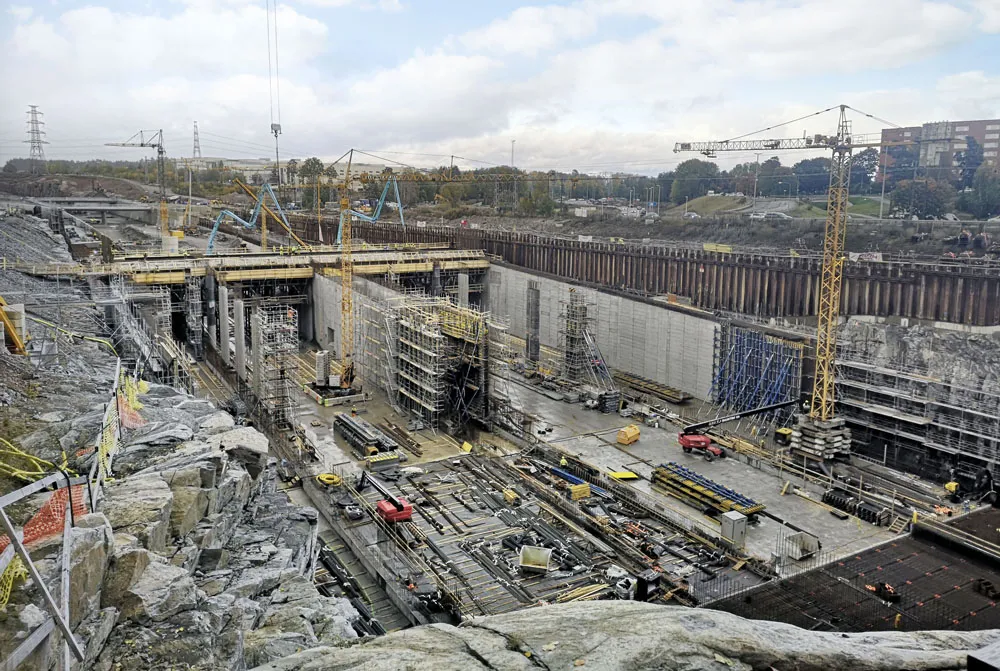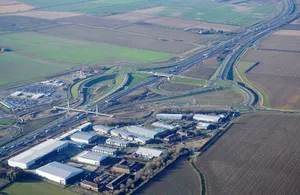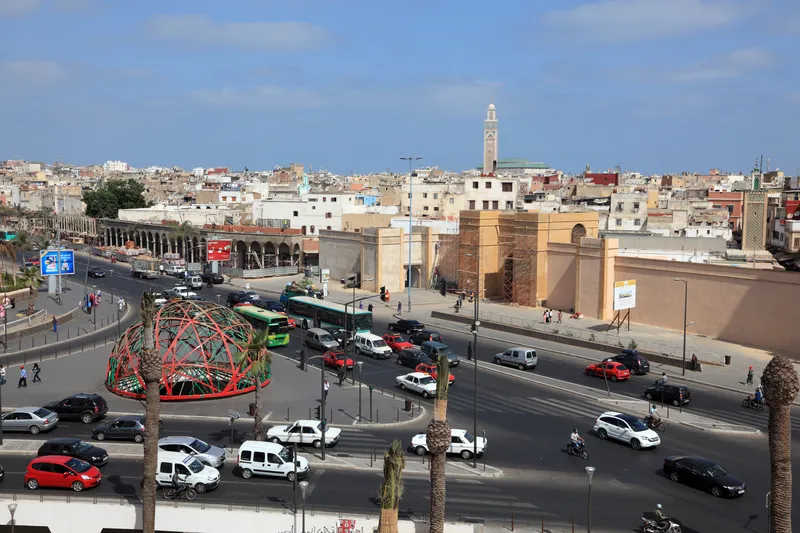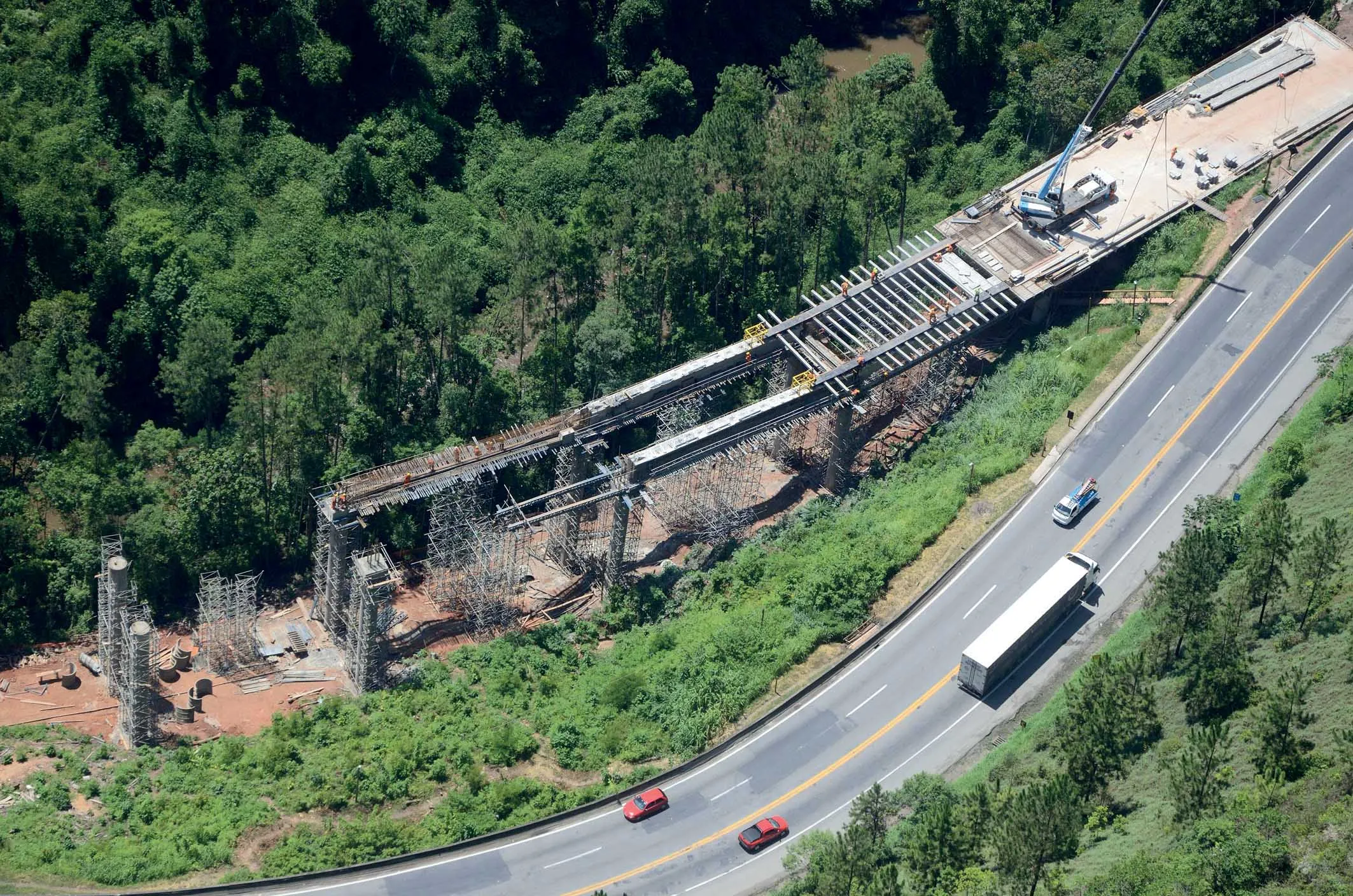The first of a series of new road tenders has been announced in Israel with a deal for the widening of Road 75.
February 28, 2012
Read time: 1 min
The first of a series of new road tenders has been announced in Israel with a deal for the widening of Road 75. International contractors and consultants are being invited to tender for this project and the deal is one of several now being announced. This US$64.36 project is being put out to tender by The 2602 Israel National Roads Company. The widening of northern Road 75 is expected to be a two year project and this east-west road runs from Kishon junction in east Haifa to Nazareth junction.
The upgrade project will see the road turned into a two-lane, bidirectional link over a 6km stretch between Ishay junction and Nahalal junction. The relatively large scope of the tender is due to the complexity of the project, which requires moving and replanting ancient oak and olive trees along the route. The route suffers from traffic congestion, and projects to double capacity are also being carried out in its vicinity, in Roads 77 and 79 to the north of Road 75. At a later stage, construction of an interchange in Ishay junction is planned.
The upgrade project will see the road turned into a two-lane, bidirectional link over a 6km stretch between Ishay junction and Nahalal junction. The relatively large scope of the tender is due to the complexity of the project, which requires moving and replanting ancient oak and olive trees along the route. The route suffers from traffic congestion, and projects to double capacity are also being carried out in its vicinity, in Roads 77 and 79 to the north of Road 75. At a later stage, construction of an interchange in Ishay junction is planned.









